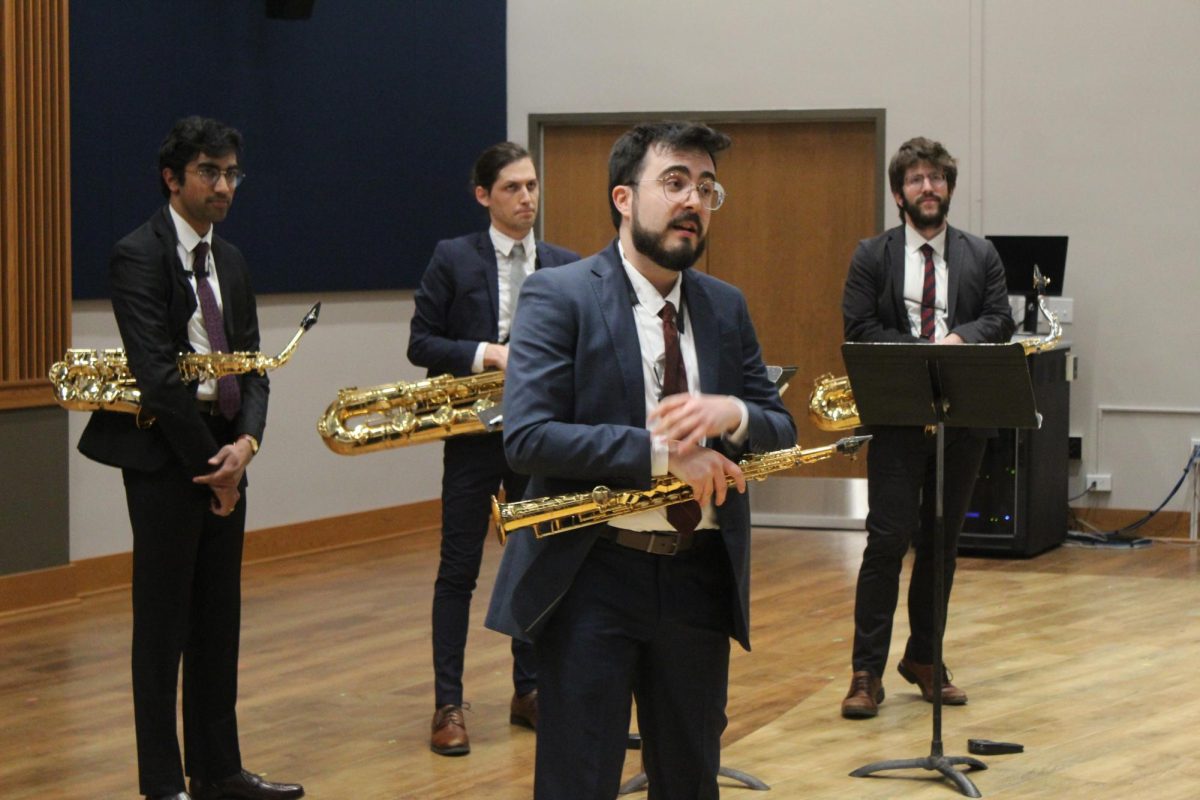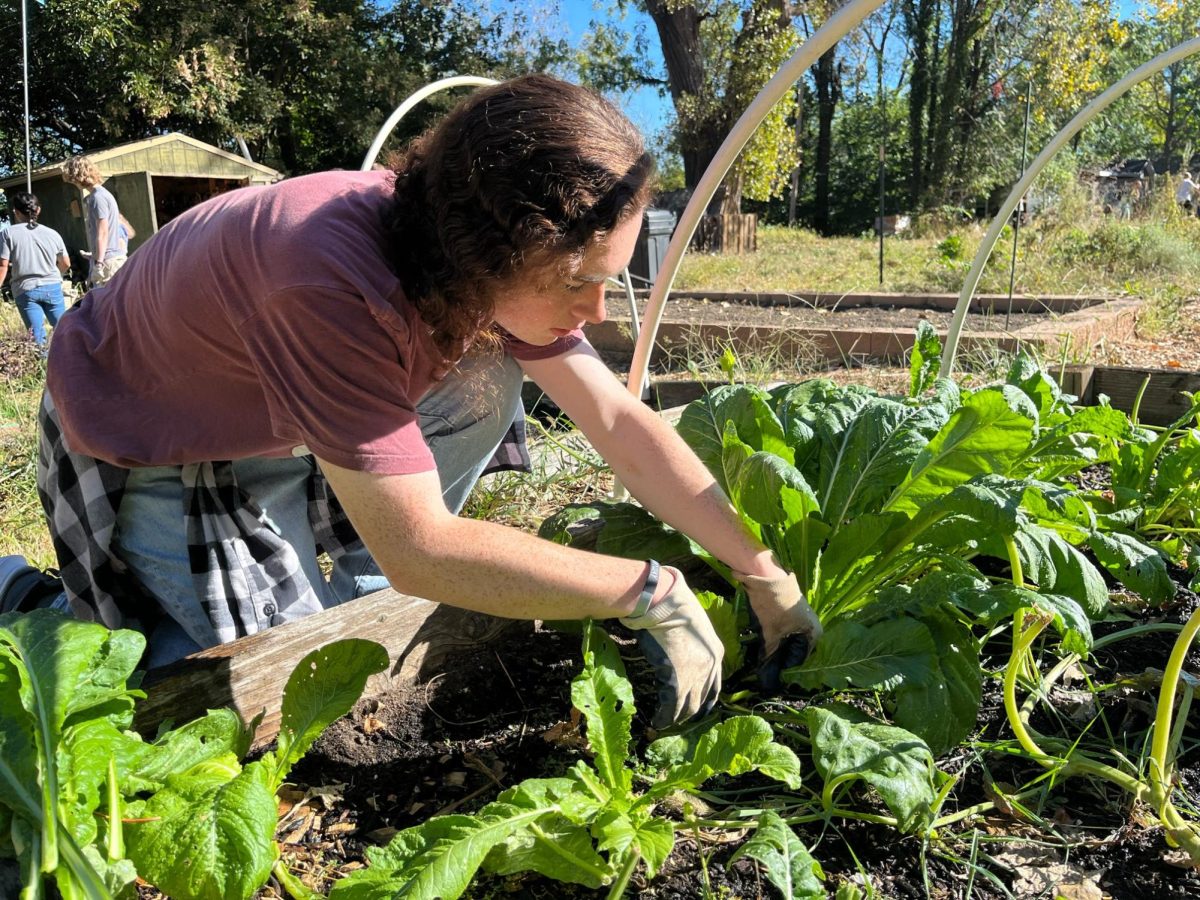In our nation’s educational landscape, the Individuals with Disabilities Education Act (IDEA) stands as a beacon of inclusivity, promising all children with disabilities access to a free appropriate public education according to FAPE.
Yet, as these students transition from high school to college, a troubling gap emerges: IDEA mandates comprehensive support in the K-12 system, but colleges are not bound by the same obligations.
By expanding IDEA’s provisions into higher education, colleges can uphold their commitment to diversity, equity and inclusion while emphasizing the fundamental right to education for individuals with disabilities and the transformative impact of inclusive practices.
Among potential areas of expansion, the IDEA act could work to enforce accessibility standards for digital content and platforms used in higher education, like Moodle or Canvas. Also, it could require the implementation of digital training initiatives for staff and students to learn how to effectively utilize technology for learning and teaching purposes. Overall, improvements would be made in terms of Augustana’s digital infrastructure to better accommodate all students.
First and foremost, extending IDEA to colleges ensures equal educational opportunities for all students. The transition from high school to college is already fraught with challenges, and for students with disabilities, the absence of mandated support can exacerbate these difficulties. Without access to specialized instruction or tutoring, many students may struggle to navigate academic coursework, hindering their ability to succeed.
Some argue that transitioning from high school to college is a natural progression towards greater independence, stating that students with disabilities should be encouraged to develop self-advocacy skills and utilize available resources rather than relying solely on mandated support.
However, emphasizing independence without adequate mandated support could inadvertently perpetuate existing systemic inequalities, hindering the educational experience and outcomes for students with disabilities.
Upholding IDEA in college would foster a culture of inclusivity that benefits the entire campus community. By reliably providing accommodations to students awaiting a diagnosis, or speeding up the process of providing accommodations, such as assistive technology, extended time on exams or note-taking assistance, colleges demonstrate their commitment to supporting diverse learning needs.
Accommodations not only empower students with disabilities to thrive academically but also enrich the educational experience for all students, promoting empathy, understanding and collaboration.
The Office of Disability Services at Augustana College operates in compliance with the Americans with Disabilities Act, affirming its commitment to providing a learning environment that facilitates full engagement, equal access and reasonable accommodations for students with disabilities. This commitment aligns with the principles of IDEA and emphasizes the importance of creating an inclusive educational atmosphere.
Importantly, the accommodations process outlined by the Office of Disability Services involves students registering with the office and providing up-to-date documentation of their disability. This process ensures that accommodations are tailored to the needs of the student, aligning with the personalized approach mandated by IDEA in K-12 education.
So, the Office of Disability Services at Augustana College serves as a key player in implementing inclusive practices that align with the spirit of IDEA in higher education.
By providing a comprehensive framework for accommodations, spanning academic, social and campus accessibility issues, the office contributes to the ongoing dialogue about the extension of IDEA principles to colleges. It demonstrates how support for students with disabilities can be integrated into the college experience without compromising the institution’s core mission of higher education.
However, there are additional measures that Augustana could consider to further enhance the lives of students with disabilities.
The college could explore the possibility of establishing mentorship programs specifically tailored for students with disabilities. While academic accommodations are crucial, mentorship can provide valuable support in navigating the broader college experience, including career guidance, social integration and personal development. By fostering connections between students with disabilities and experienced mentors, Augustana can contribute to a more holistic and empowering support system.
Aligning college practices with IDEA prepares students for success beyond the classroom. In today’s workforce, diversity and inclusion are not just moral imperatives but also strategic advantages. By equipping students with disabilities with the necessary tools to excel in higher education, colleges play a vital role in cultivating a more inclusive society and workforce.
Furthermore, all colleges could actively promote disability awareness and education across their campuses. This initiative could involve organizing workshops, seminars or awareness campaigns to educate both faculty and students about various disabilities, the importance of inclusivity and the role each person plays in creating a welcoming environment. Increased awareness can lead to a more empathetic and understanding campus community.
Moreover, Augustana might consider conducting regular assessments and surveys to gather feedback from students with disabilities. This feedback can be instrumental in identifying specific areas for improvement and tailoring support services to meet evolving needs. By actively seeking input from the affected community, the college can ensure its services remain responsive and relevant.
Lastly, Augustana could explore partnerships with local organizations or experts in the field of disabilities to enhance its support network. Collaborating with external entities can provide fresh perspectives, additional resources and a broader range of expertise, ultimately enriching the overall support infrastructure for students with disabilities.
While Augustana College’s Office of Disability Services has made commendable strides in promoting inclusivity and complying with ADA and IDEA, creating mentorship programs, promotion, regular surveys and professional partnerships can further solidify the institution’s commitment to fostering an environment where all students, including those with disabilities, can thrive academically and personally.
The debate over extending IDEA to colleges reflects broader questions about equity, inclusion and the purpose of higher education. While proponents advocate for the continuation of IDEA’s principles to ensure equal access and support for students with disabilities, there are valid concerns about the practicality and impact of such mandates.
However, it is still worthwhile for colleges and the government to try.
Ultimately, finding the right balance between support and independence is crucial in fostering an inclusive educational environment where all students can thrive. As we navigate this complex terrain, prioritizing dialogue, collaboration and the shared goal of creating a more equitable and inclusive society is essential.









































































































